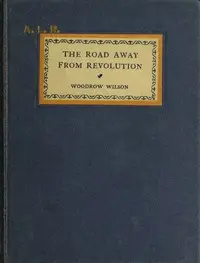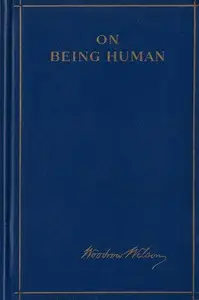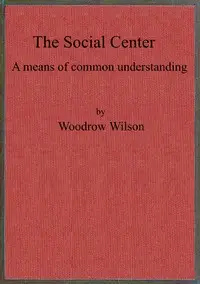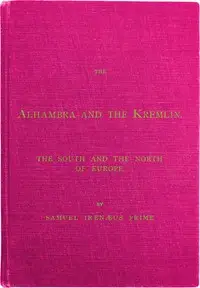** "The Road Away from Revolution" by Woodrow Wilson is an insightful piece of writing that looks closely at why people get upset and start revolutions, especially using the Russian Revolution as an example. This essay examines how capitalism can sometimes lead to problems in society and suggests that revolutions happen when people feel they aren't getting fair treatment or chances in life. Wilson believes that people get angry with capitalism when they think they are being taken advantage of by those with money and power. He wants everyone to be treated more fairly, with kindness and a focus on helping each other, and he challenges the way people think about capitalism, asking them to fix the things that make people unhappy. Wilson sends a message of hope, saying that if everyone works together with good morals and values, they can stop revolutions from happening in the future. **

The Road Away from Revolution
By Woodrow Wilson
** Explore how a call for justice, empathy, and collective action could steer society clear of social unrest and revolution.
Genres
Released
2019-03-06
Formats
epub
mobi
epub3 (images)
epub (images)
mobi (images)
txt
Free Download
Summary
About the AuthorThomas Woodrow Wilson was the 28th president of the United States, serving from 1913 to 1921. He was the only Democrat to serve as president during the Progressive Era when Republicans dominated the presidency and legislative branches. As president, Wilson changed the nation's economic policies and led the United States into World War I. He was the leading architect of the League of Nations, and his stance on foreign policy came to be known as Wilsonianism.
Thomas Woodrow Wilson was the 28th president of the United States, serving from 1913 to 1921. He was the only Democrat to serve as president during the Progressive Era when Republicans dominated the presidency and legislative branches. As president, Wilson changed the nation's economic policies and led the United States into World War I. He was the leading architect of the League of Nations, and his stance on foreign policy came to be known as Wilsonianism.
Total Reviews
10.0k
Total reviews from Goodreads may change



















